Random Free Articles
- Lack of Martial Arts Masters
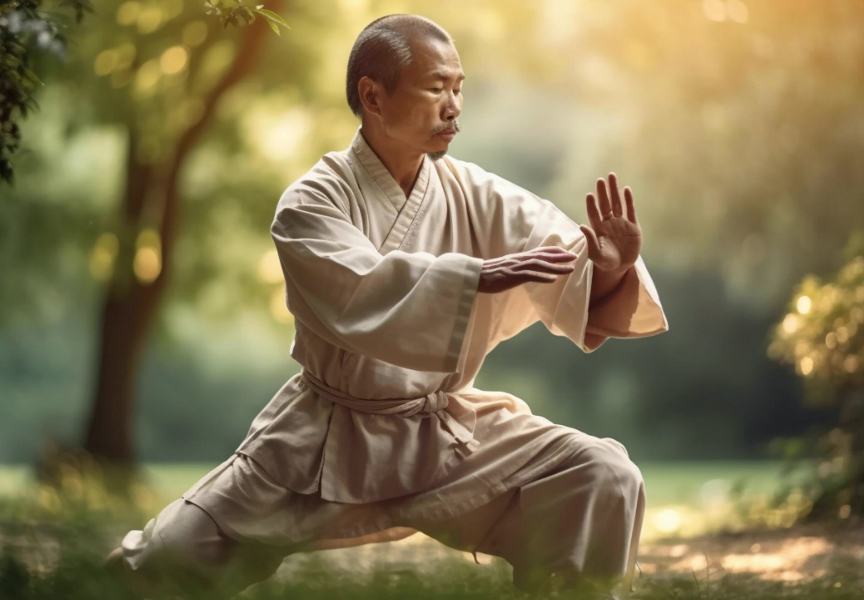
In the golden era of martial arts, masters were revered figures, embodying not just physical prowess but a deep understanding of philosophy, discipline, and tradition. However, as we advance into the 21st century, the number of genuine martial arts masters seems to be dwindling. What could be contributing to this decline? Commercialization of Martial Arts One of the most significant factors is the commercialization of martial arts. With the…
- The Martial Arts Belt
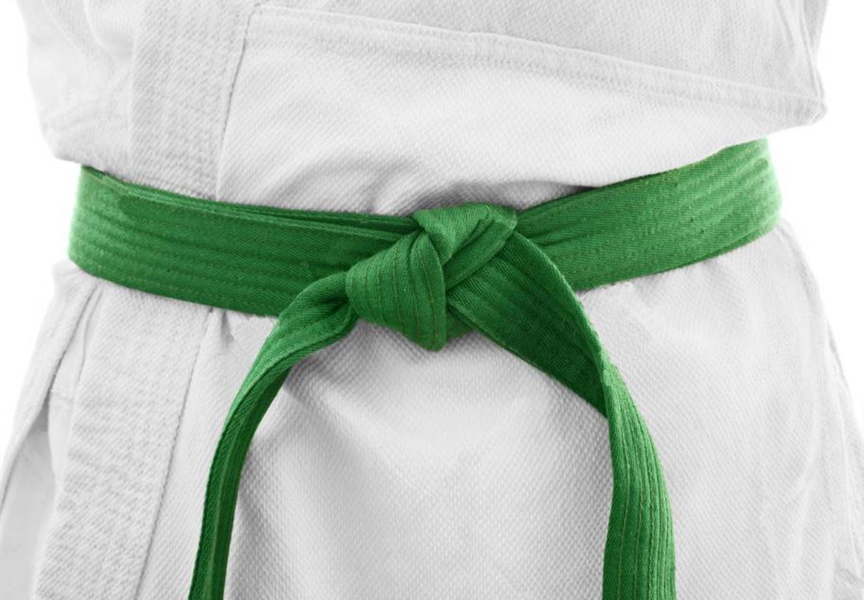
Unraveling the Traditions in Martial Arts In the world of martial arts, the uniform is a symbol of discipline, respect, and tradition. Among the various elements that make up this distinctive attire, the belt holds a special significance, particularly in Japanese and Korean martial arts. However, the story takes a different turn when it comes to Chinese martial arts, where the traditional sash holds sway. Let's delve into the unique…
- The Horse Stance in Shaolin Kung Fu
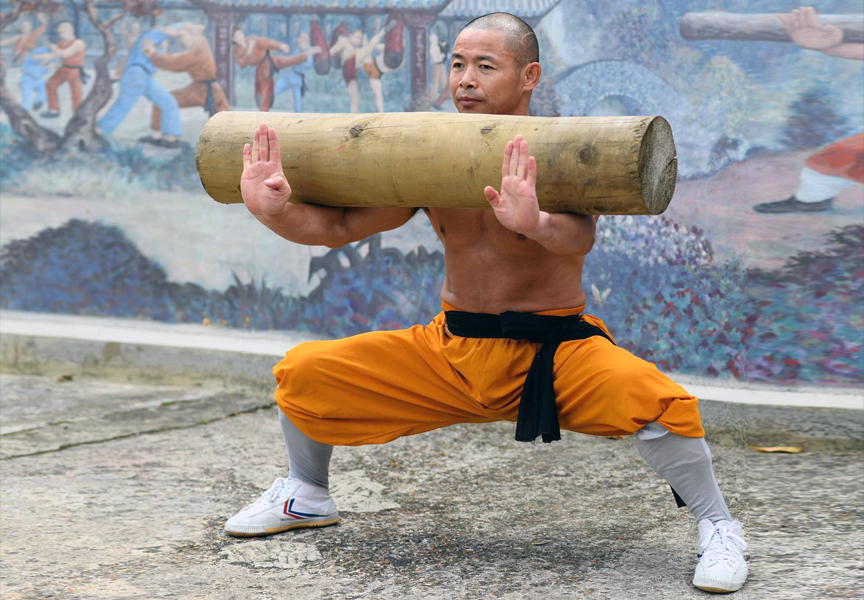
Shaolin Kung Fu, with its roots in ancient Chinese martial arts, is renowned for its diverse techniques and holistic approach to physical and mental well-being. At the heart of Shaolin training lies the Horse Stance, known as Mabu - [Chin.: mǎ bù 马步] in Chinese. This fundamental stance serves as the cornerstone of many martial arts disciplines, providing practitioners with a solid foundation for strength, balance, and internal energy…
- Preserving the Essence of Martial Arts
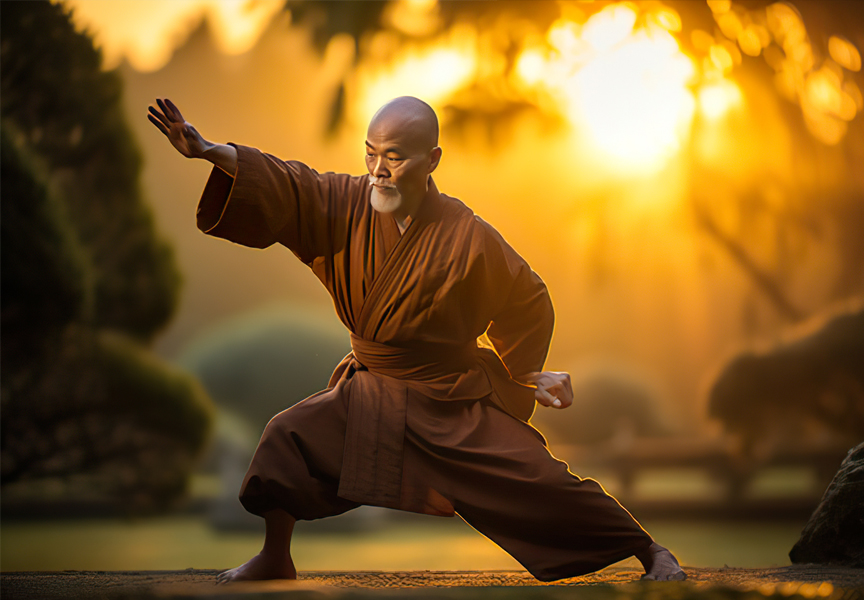
Beyond Victories and Podiums In a world where competitive sports dominate headlines and social media feeds, the true essence of traditional martial arts often gets lost in the clamor for victories and podium finishes. While there's no denying the physical prowess and discipline required in competitive martial arts, it's crucial to understand that traditional martial arts go beyond the pursuit of trophies and medals. Attempting to…
- Sport Should Advocate Noble Competition
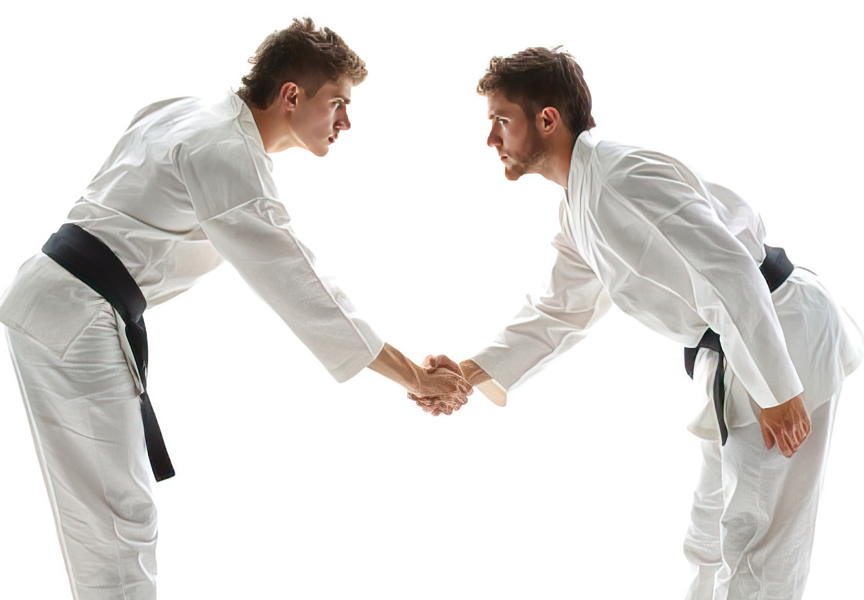
No To Violent Instincts and Discrimination Sport has always been a mirror reflecting human society, embodying ideals of teamwork, dedication, and the pursuit of excellence. However, in the heat of competition, it can also magnify humanity’s darker impulses, including violence, aggression, and even discrimination. In this context, it's crucial to emphasize that the true spirit of sport lies not in brute force or exclusion, but in noble…

